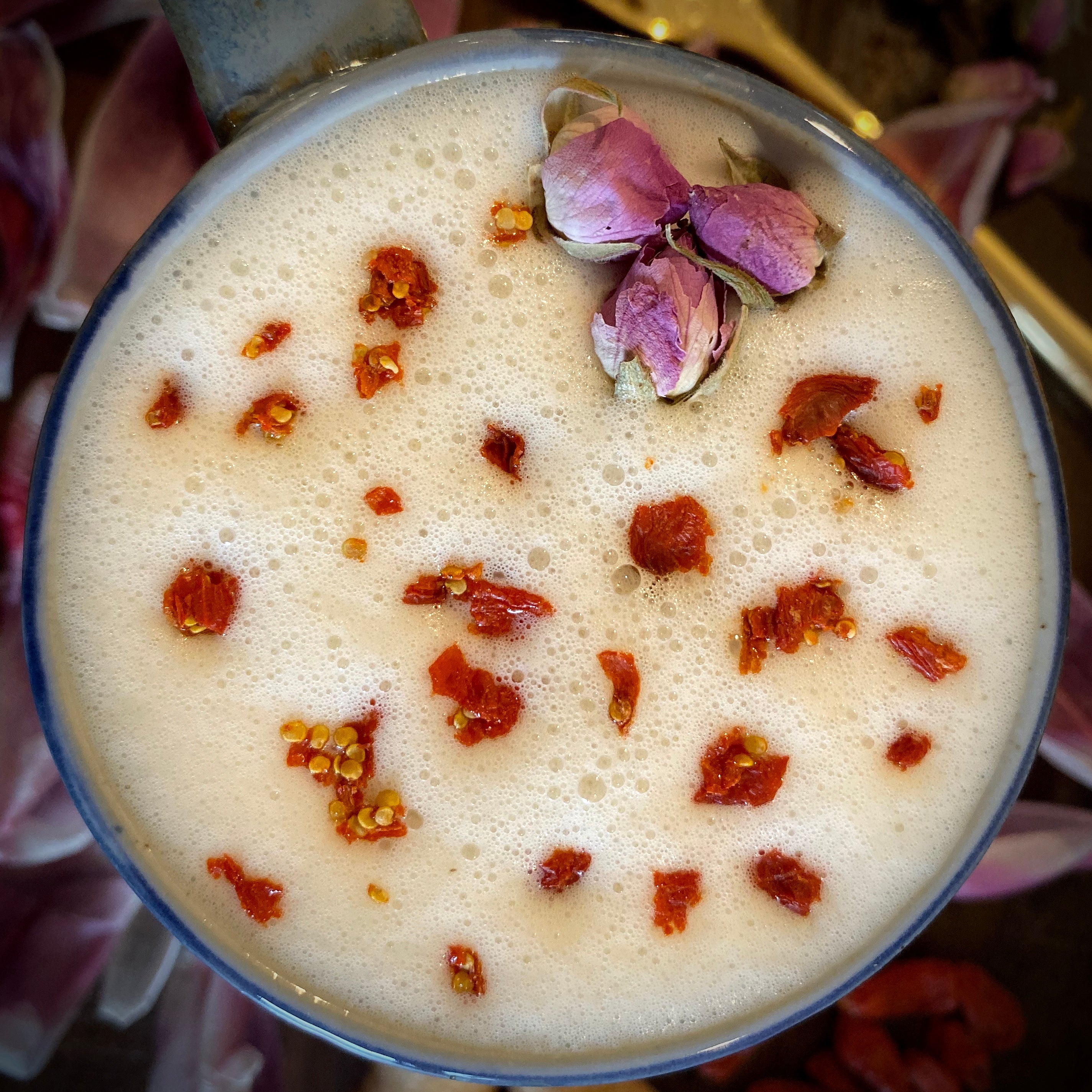August 23, 2013

Well here we are. We made it to the end of the gluten intolerance series.
If you haven’t already read the other articles in the series I suggest you do so. You can access the articles here.
The most important points to take away from this series are:
Now let’s look at ways to stay gluten free.
Gluten free sounds intimidating at first but once you get the hang of it it is actually quite easy. Many grocery stores carry gluten free alternatives and of course you can always leave the processed foods out of your diet.
| Foods To Include | Foods To Avoid |
| Grains: rice, corn, teff, buckwheat, quinoa, millet, amaranth, tapioca, nut flour, potato flour, sorghum, arrowroot | Grains: wheat, barley, rye, spelt, kamut, bulgur, oats (unless they say gluten free), graham flour, durum flour, semolina |
| Fruit & Veggies: all fruit and veggies are allowed | Foods with Hidden Gluten: soy sauce, barbecue sauce teriyaki, processed meats like cold cuts, seitan, packaged broth, |
| Nuts: all nuts, seeds, and beans are allowed | MSG, modified food starch, imitation meat or seafood, seasoned rice mixes, preservatives, stabilizers, breaded or fried |
| Dairy: all dairy products | food, energy bars, croutons, communion wafers, salad dressing, marinades, sauces, gravy, stuffing, thickeners |
| Meat: all meat, red meat, lamb, fish, chicken, turkey, pork | Processed Foods: bread, pasta, cereal, crackers, pastries, frozen dinners |
| Beverages: beer, ales, lagers, malt vinegars |
Over the counter medication, prescription, herbal supplements, and vitamins are often a source of hidden gluten. Make sure your supplements say gluten free on them. If you’re unsure about a product call the company and ask if it contains gluten.
What you put on your skin goes directly into your body. For those people with a serious gluten allergy or intolerance it’s best to buy skin and hair products that are gluten free.
Remember back in article 3 we learned about the enzyme tissue transgultaminase (tTG) that helps to break down the gluten molecule inside the gut? It does this so the immune system can attack and destroy the antigen but the problem is sometimes the immune system starts attacking the tTG as well as the gluten. Turns out we have tTG in our skin cells. If you are putting a product that contains gluten directly onto your skin then this can cause the same immune and inflammatory response that happens in your gut. To avoid this buy gluten free skin and hair products.
No! Like I said in a previous post, not everyone needs to be gluten free but if you are experiencing signs and symptoms of inflammation, indigestion, mood disorders, or have been told you have an autoimmune disease then you should try a gluten free diet for a couple of months. If your symptoms improve then it would be a good idea to avoid gluten in the future.
Below are a few links you might find helpful:
My Gluten Free Kitchen
Living Without
Gluten Free Guide
Living Gluten Free for the Lazy Person
Gluten Free Living
How Does it Taste?
Wheat Belly by William Davis MD
Lose the Gluten, Lose Your Gut, Ditch the Grains, Save Your Brain by Thomas Chaney MD
December 21, 2019 0 Comments
With a vast drop in temperature, darker skies and rainy days, winter is the most yin of all the seasons. It is associated with the kidney and bladder organs, the color black, the element water, the emotion fear, and salty and bitter flavors.
December 06, 2019 0 Comments

Goji berries are one of the most well known Chinese herbs in the US. Used for over 2000 years in China, they were first mentioned in the Shen Nong Ben Cao Jing, the oldest known book on Chinese herbs in 200 BC. They are prized for their ability to tonify blood and yin without causing stagnation. Consumed daily in China as a food and herbal medicine, goji berries are revered for their anti-aging properties. They are used in many beauty tonics.